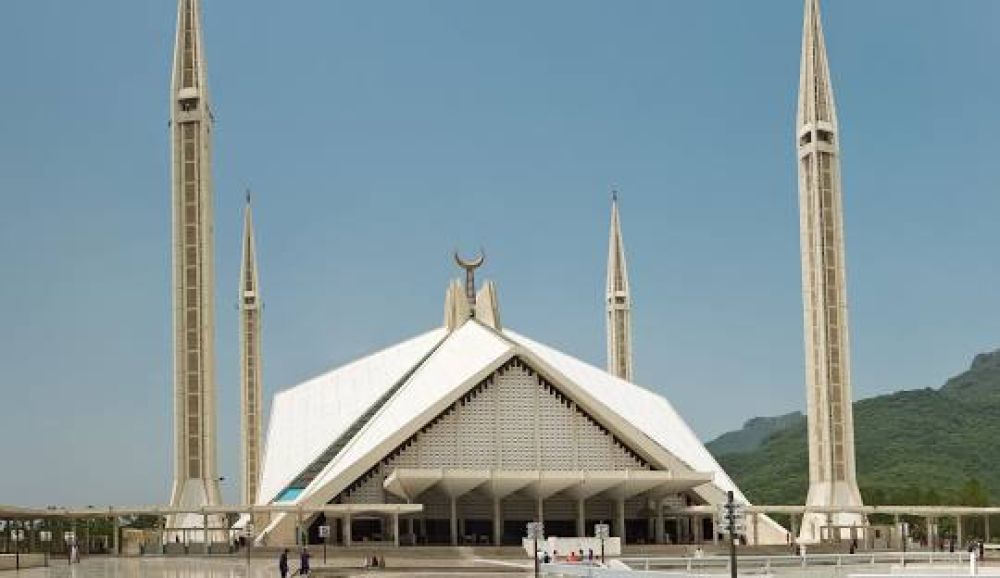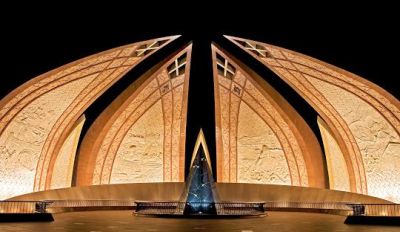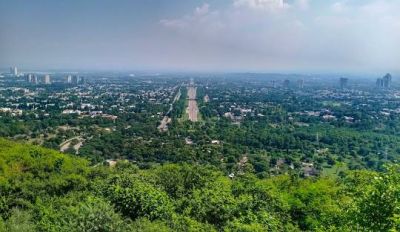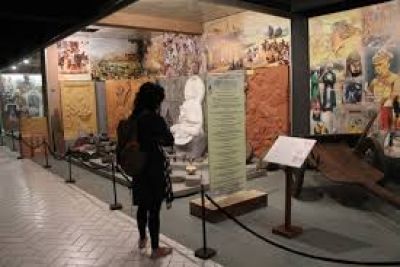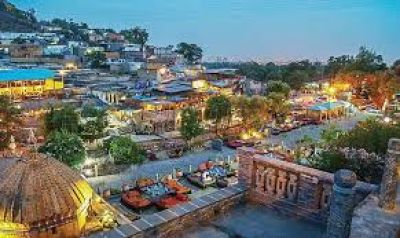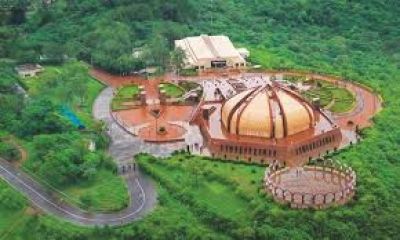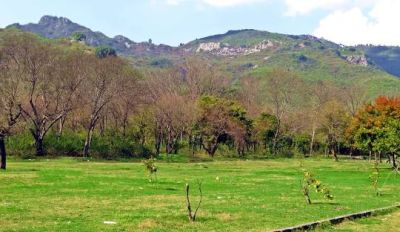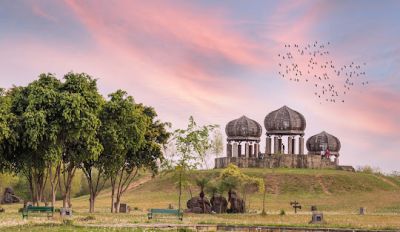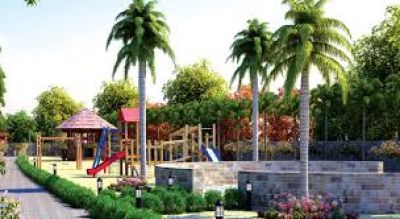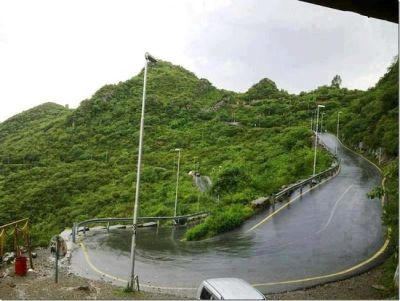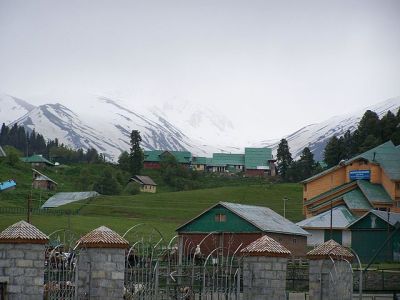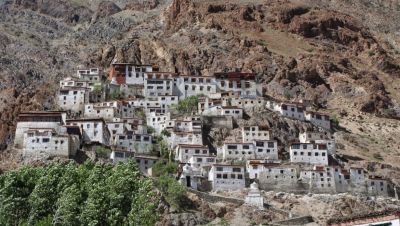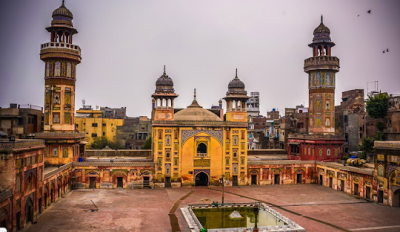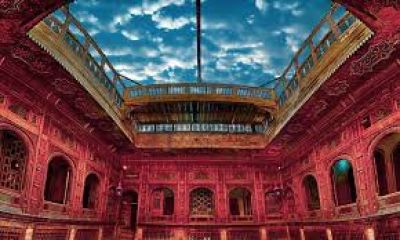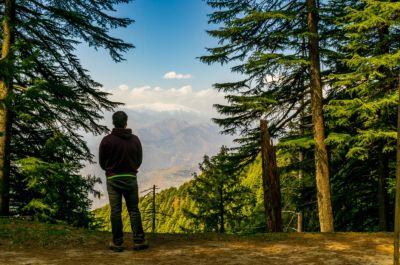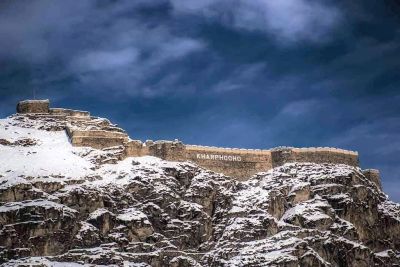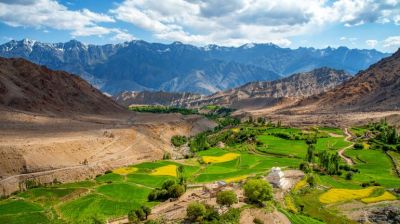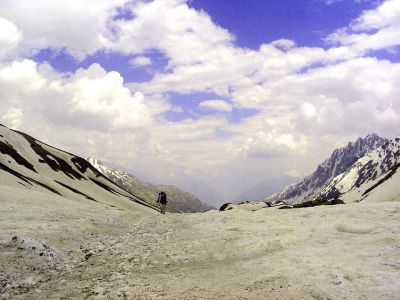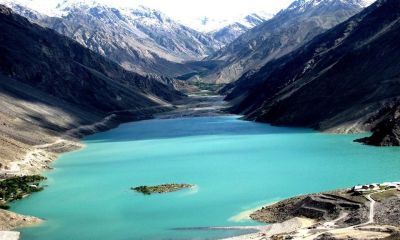Faisal Mosque, Islamabad, Pakistan - A Beacon of Islamic Architecture
History of Faisal Mosque
The Faisal Mosque, located in Islamabad, the capital city of Pakistan, stands as an iconic symbol of Islamic architecture and is one of the largest mosques in the world. Inaugurated in 1986, it was designed by Turkish architect Vedat Dalokay. Named after the late King Faisal bin Abdul-Aziz of Saudi Arabia, who financed its construction, the mosque is a testament to the friendship between Saudi Arabia and Pakistan.
The design of Faisal Mosque is modern and unique, diverging from the traditional dome structure of most mosques. Instead, it resembles a Bedouin tent, surrounded by four tall minarets. This innovative design has made it one of the most recognized landmarks in Pakistan and a significant tourist attraction.
Latest Tourism Trends at Faisal Mosque
Tourism at Faisal Mosque has seen various trends over the years. With the rise of social media, more and more visitors are coming not only for spiritual purposes but also to capture its beauty as a photographic hotspot. The mosque has become particularly popular among Instagram users who play a role in showcasing Pakistan's landmarks to the world.
The mosque's administration has responded to the increased interest by offering guided tours that provide insights into Islamic architecture and Pakistan's cultural heritage. These tours are becoming increasingly popular among both domestic and international tourists.
Another significant trend is the increase in cultural festivals and religious events hosted at the mosque, attracting large numbers of visitors. This includes annual events during Ramadan and Eid, as well as international Islamic conferences.
The government of Pakistan has also made a concerted effort to improve tourism infrastructure around the mosque, ensuring better facilities for tourists, including upgraded transportation links, improved accommodation options, and enhanced security measures.
Visitor Information
The Faisal Mosque is open to visitors throughout the year, and there is no entrance fee. However, visitors are advised to dress modestly out of respect for the religious site. Non-Muslim visitors are welcome but are requested to avoid visiting during prayer times, particularly on Fridays. The mosque also has a library, a lecture hall, a museum, and a cafeteria that offer additional insights and amenities for visitors.
Concluding Thoughts
The majestic Faisal Mosque is more than just a place of worship; it is a cultural landmark that embodies Pakistan’s rich Islamic heritage. As one of the most significant symbols of Islam in the country, it continues to attract people from all over the world, serving both as a place for spiritual reflection and as a destination for those interested in the history and architecture of Pakistan.
